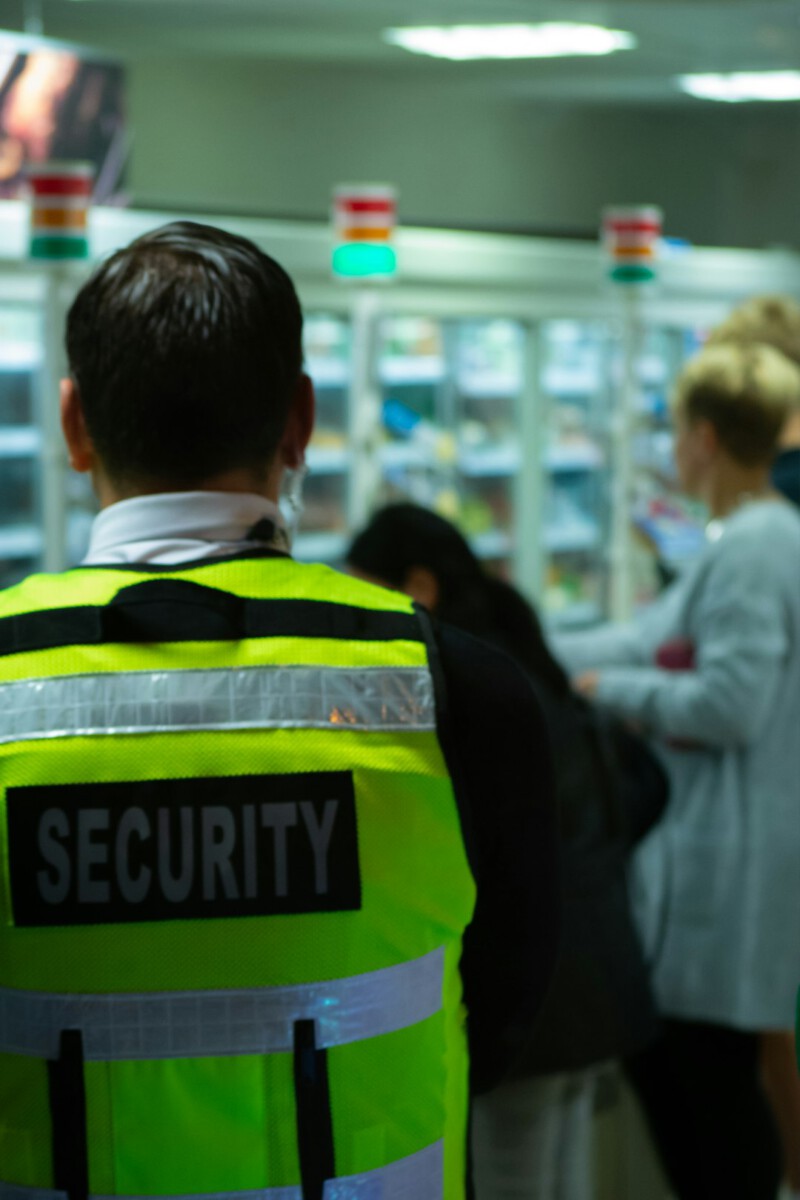“I Have Nothing to Declare”

This phrase is one of the most common missteps at airport security checkpoints, usually blurted out by nervous or first-time travelers. While it sounds harmless, it’s actually misplaced. Security officers at checkpoints are not responsible for customs declarations; their primary focus is on identifying threats and prohibited items. The Transportation Security Administration (TSA) updated its guidelines in 2024 to clarify this distinction, yet the misconception stubbornly persists. By saying “I have nothing to declare,” you risk confusing officers or appearing uninformed, which could slow down your screening. A TSA officer in Atlanta reported in 2024 that this phrase often leads to unnecessary clarifications, disrupting the flow. Instead, travelers should save such statements for customs agents—after clearing security. The best approach is to simply answer questions directly and follow instructions without adding unrelated comments.
“Is This Going to Take Long?”

At busy airports, impatience can get the best of anyone—especially when lines stretch around the corner. Asking security officers how long the process will take, though, rarely gets the answer you want. The TSA’s 2023 performance report found that screening times vary significantly depending on the airport and time of day, with wait times sometimes exceeding 30 minutes during peak travel seasons. Security staff are under pressure to process thousands of passengers safely, and questions about timing only add to their burden. Instead of speeding things up, such questions can make you appear impatient, which sometimes prompts extra scrutiny. Officers are trained to prioritize safety over speed, and this question only disrupts their workflow. Travelers are better off preparing for possible delays and keeping their focus on being ready at the checkpoint. Remaining patient and attentive to staff instructions helps everyone move forward smoothly.
“I Forgot to Remove My Laptop/Phone”

It’s surprisingly easy to forget to take your laptop or tablet out of your bag, especially when you’re juggling tickets, ID, and a busy terminal. Still, announcing your mistake at the checkpoint draws unnecessary attention and can hold up the line. According to the TSA’s 2024 security protocol, all electronics larger than a cellphone need to be placed in separate bins for X-ray screening—a rule posted at every checkpoint. Forgetting slows everyone down, as officers must pause to re-scan your bag, which happened over 280,000 times in major U.S. airports in 2024. If you make this mistake, comply quietly and quickly with the officer’s instructions. Travelers who prepare their bags in advance experience shorter screening times and fewer delays. Staying organized and aware of the rules is the best way to avoid these hiccups.
“I’m in a Hurry”

Being late for a flight is a stressful situation, but telling security staff that you’re in a hurry won’t win you any favors. Security officers are trained to treat all travelers equally, regardless of their schedules. In a 2023 Aviation Security Association survey, 94% of officers said they do not alter procedures for travelers claiming to be late. Announcing your urgency can actually increase stress at the checkpoint and, in some cases, make officers more cautious. It’s common for people to think this will earn sympathy, but it usually has the opposite effect. Instead, travelers are urged by TSA guidelines to arrive at least two hours before domestic flights and three hours before international ones. Planning ahead and staying calm goes farther than pleading your case at the last minute.
“I Have a Medical Condition”

While it’s crucial to notify officers if you have a pacemaker, insulin pump, or other medical device, making a vague statement like “I have a medical condition” without further explanation can cause confusion and delays. The TSA’s 2025 medical screening guidelines recommend that travelers clearly state their specific device or condition and, if possible, provide supporting documentation or a TSA notification card. In 2024, more than 18,000 travelers used the TSA Cares program to receive support for medical screening, yet many still forget to provide details. Officers are trained to provide accommodations, but they need to know exactly what you require. Being precise helps you get through more efficiently and reduces misunderstandings.
“Can I Skip the Line?”

Everyone wants to get through security faster, especially during busy holiday seasons, but asking to skip the line is a surefire way to draw negative attention. The TSA’s updated 2024 policies state that all travelers must wait their turn, regardless of their flight time, status, or reason. Attempting to cut in line can lead to arguments with fellow passengers and even intervention by airport police. In a 2023 survey of frequent travelers, 87% said they witnessed confrontations over line-cutting, which only slowed things down for everyone. If you need expedited screening, programs like TSA PreCheck are the only legitimate option. Otherwise, patience and respect for the process are key.
“I’m Just Visiting”

When officers ask about your travel plans, vague responses like “I’m just visiting” can set off alarms. TSA staff are trained to spot unclear or evasive answers, which can lead to follow-up questions or additional screening. The TSA’s 2023 traveler behavior report showed that passengers who provide specific answers—such as “I’m here for a business conference” or “I’m visiting family”—are processed faster and face fewer issues. Ambiguity can sometimes be seen as suspicious, even if you mean no harm. Taking a few seconds to be clear about your reasons for travel helps build trust and keeps the process moving.
“I Don’t Have Anything to Hide”

It might seem like a reassuring thing to say, but telling officers “I don’t have anything to hide” can come off as defensive or sarcastic. Security personnel are trained to look for signs of non-cooperation or agitation, and this phrase can inadvertently signal both. The TSA’s 2024 customer service guidelines specifically warn against making statements that could be perceived as challenging authority. Cooperation and a polite tone make for a smoother, faster experience. In busy environments, staying calm and respectful is always more effective than trying to assert your innocence verbally.
“Why Are You Searching Me?”

No one enjoys being singled out for additional screening, but questioning the reason for a search often backfires. The TSA’s 2025 security protocol makes it clear that all travelers are subject to random screening, regardless of appearance, background, or travel history. When you ask “Why are you searching me?” it can sound confrontational or suspicious, leading to more questions or delays. Officers are required to follow strict guidelines, and arguing only wastes time. If you have genuine concerns, it’s better to wait until the process is complete before seeking clarification.
“I Didn’t Know This Was Prohibited”

Claiming that you were unaware of certain prohibited items is a common excuse, but it rarely helps your case. The TSA updates its prohibited items list frequently and posts it at every checkpoint, as well as online. In 2023, TSA officers confiscated over 2,000 prohibited items every single day across the United States, according to their annual report. Not knowing the rules doesn’t exempt you from them, and officers have heard every excuse in the book. Preparing ahead by checking the current guidelines saves time, embarrassment, and the risk of missing your flight.
“Can You Let Me Through? I’m Late”

Pleading for special treatment due to tardiness is another phrase that security officers hear all too often. The TSA’s 2024 operational guidelines clearly state that procedures cannot be skipped or rushed for individual convenience. In 2024, airport security handled more than 2.4 million travelers each day, and making exceptions would disrupt the entire system. Officers are required to stick to the same process for everyone, regardless of circumstances. The best way to avoid stress is to plan for delays and arrive at the airport with plenty of time to spare.
Conclusion

Airport security is serious business, and even a seemingly harmless joke or offhand comment can lead to unnecessary delays—or worse. While most travelers mean no harm, a lack of awareness or poor timing can quickly raise red flags. Being mindful of your words not only keeps things running smoothly but also shows respect for the people keeping you safe. So next time you’re in the security line, pause before you speak and consider: Is that comment really worth the risk?



